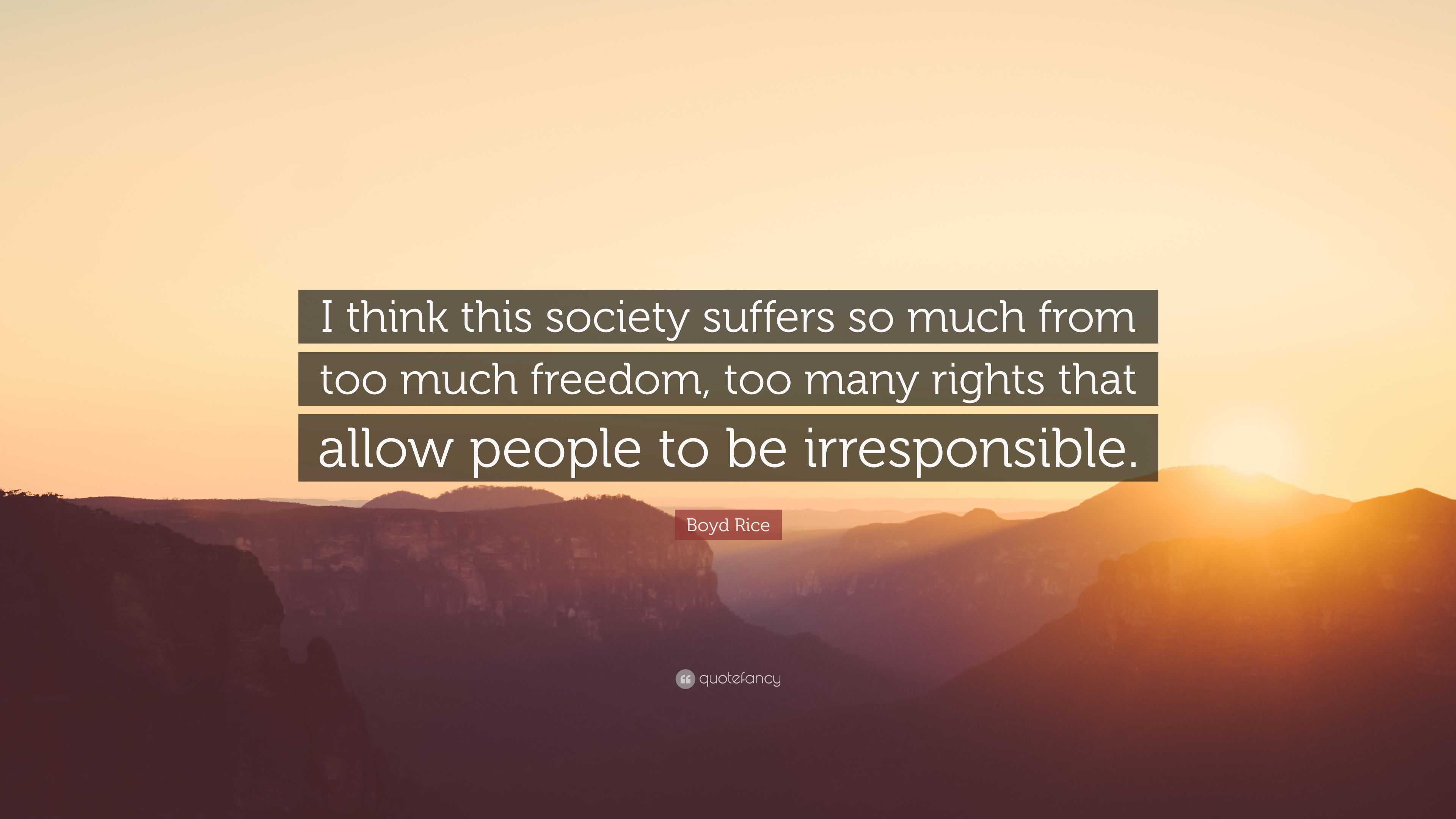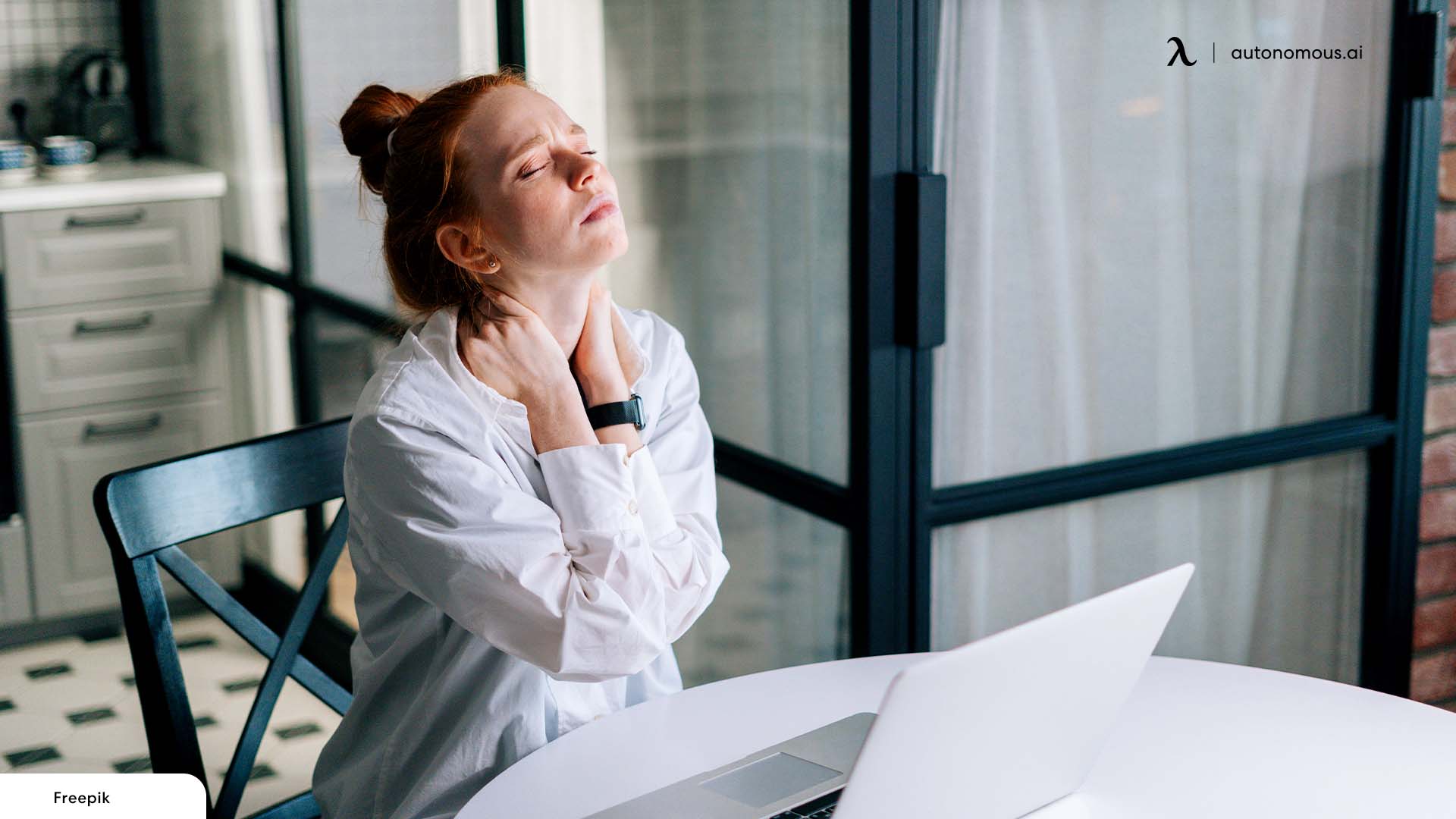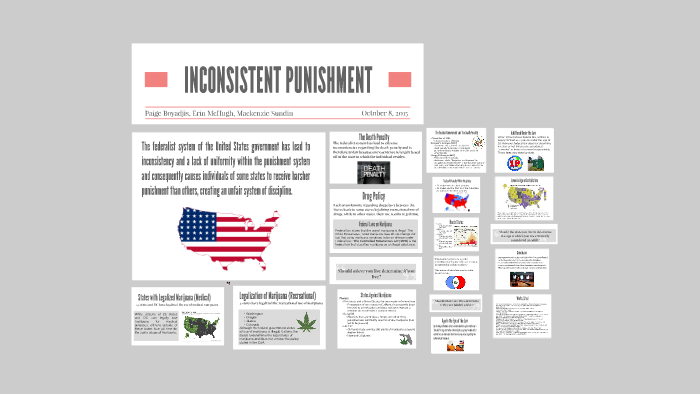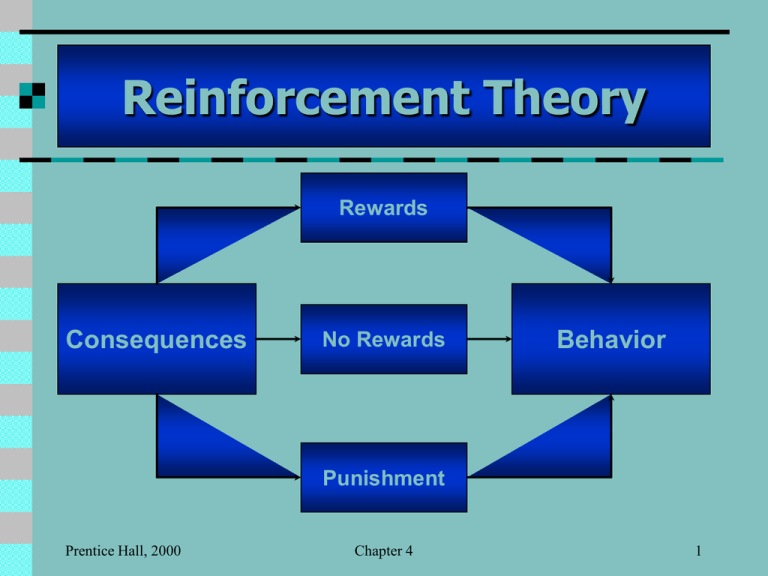Why is my puppy going backwards with potty training? It’s a question that many frustrated pet owners find themselves asking. Just when you thought you were making progress with your furry companion’s bathroom habits, they seem to have regressed, leaving you scratching your head in bewilderment. Don’t worry, you’re not alone in this predicament. Puppies going backwards with potty training is a common hurdle that can be attributed to a variety of factors, from changes in routine to behavioral setbacks. Understanding the reasons behind this regression is crucial in finding effective solutions and ultimately helping your puppy get back on track with their potty training journey.
Table of Contents
Possible Reasons for Your Puppy Going Backwards with Potty Training
Are you feeling frustrated because your puppy, who seemed to be making progress with potty training, has suddenly started regressing? It can be disheartening to clean up accidents indoors after you thought you were making headway. However, it’s important to remember that setbacks are a natural part of the potty training process for many puppies. Understanding why your furry friend is going backwards with potty training can help you address the issue and get back on track. Let’s explore some possible reasons for this setback.
1. Lack of Consistency
Consistency is key when it comes to potty training. If you’ve recently experienced a change in your routine or have become less vigilant about reinforcing good behavior, your puppy may start to backslide. Dogs thrive on routine, so make sure you’re taking them outside to the designated potty area at regular intervals, especially after meals, naps, and playtime. Reinforce positive behavior with praise or treats to motivate your puppy to continue their progress.

Source www.pinterest.com
2. Too Much Freedom Too Soon
Giving your puppy too much freedom around the house before they are fully potty trained can lead to regression. If your puppy has access to multiple rooms or areas with soft surfaces, they may be tempted to relieve themselves wherever they please. Consider restricting their access to a smaller, puppy-proofed space, or use baby gates to limit their range until they have a better grasp of potty training.

Source quotefancy.com
3. Changes in Living Environment
Moving to a new home or rearranging your living space can be stressful for your puppy. This stress can lead to accidents and setbacks in potty training. If you’ve recently made changes to your living environment, ensure your puppy has a comfortable and familiar space where they can retreat. Stick to the potty training routine and provide ample opportunities for your puppy to relieve themselves outside.

Source www.noaa.gov
4. Physical or Medical Issues
Sometimes, the reason behind your puppy’s regression may be related to physical or medical issues. Urinary tract infections, gastrointestinal problems, or other health concerns can interfere with your puppy’s ability to control their bladder and bowel movements. If you notice any signs of discomfort or changes in behavior, consult your veterinarian for a thorough examination.

Source www.autonomous.ai
5. Stress or Anxiety
Puppies, like humans, can experience stress or anxiety that affects their potty training progress. Common stressors for puppies include loud noises, separation anxiety, or changes in their daily routine. If your puppy is displaying signs of stress, such as excessive barking, panting, or hiding, it’s essential to address the underlying cause. Provide a calm and secure environment, use positive reinforcement during potty training, and consider using calming aids, such as music or pheromone diffusers.

Source www.painclinic.com.mt
6. Inconsistent Punishment
While it’s necessary to correct your puppy’s potty accidents, inconsistent punishment can confuse them and hinder their progress. Physical or harsh punishment should never be used as it can lead to fear and anxiety. Instead, redirect your puppy to the appropriate potty area when they have an accident and reward them when they eliminate in the right place. Consistency and positive reinforcement are far more effective for training and building trust.

Source prezi.com
7. Transition from Puppy Pads to Outdoors
If you initially started your puppy’s potty training with indoor puppy pads and are now transitioning to outdoor elimination, your puppy may struggle with the change. Leaving the puppy pads indoors while encouraging outdoor potty breaks can lead to confusion. Gradually reduce the number of puppy pads available while increasing outdoor opportunities to reinforce the desired potty behavior.

Source animalia-life.club
8. Insufficient Reward or Reinforcement
Your puppy needs motivation and positive reinforcement to continue their potty training progress. If you haven’t been rewarding them consistently for going in the right place, or if you’ve stopped using treats or praise altogether, your puppy may lose motivation. Remember to praise your puppy and offer a small, healthy treat to reinforce successful potty breaks. This positive association will encourage them to repeat the desired behavior.

Source studylib.net
9. External Distractions
If your puppy is easily distracted, especially during outdoor potty breaks, they may lose focus on their potty training. Common distractions include birds, squirrels, other animals, or noise from construction or traffic. Find a quiet and secure spot for potty breaks, away from potential disturbances. Use a leash to keep your puppy focused and minimize external distractions until they become more reliable with their potty habits.

Source smartdailygoals.com
10. Patience and Time
Finally, it’s important to remember that every puppy is unique, and potty training takes time. Some puppies may grasp the concept quickly, while others require more patience and repetition. Stay consistent, be patient, and provide the support and guidance your puppy needs. Eventually, with perseverance and positive reinforcement, you and your furry friend will overcome the setbacks and achieve success in potty training.

Source quotefancy.com
Common Reasons for Puppy Regression in Potty Training
| Reasons for Regression | Explanation |
|---|---|
| Lack of Consistency | Puppies thrive on consistent routines, so if there have been changes in their potty training schedule or if different family members are inconsistent with the training methods, it can confuse the puppy and impede progress. |
| Medical Conditions | Sometimes, underlying medical issues can cause a puppy to struggle with potty training. Urinary tract infections, digestive problems, or certain medications can increase the frequency or urgency of urination or defecation, leading to accidents indoors. |
| Stress or Anxiety | Puppies can experience stress or anxiety due to changes in their environment, new visitors, other pets, or loud noises. This can result in accidents as they become distracted, nervous, or unsure about going potty in their designated area. |
| Inadequate Reward System | If the puppy’s successes are not consistently rewarded with treats, praise, or attention, they may lose motivation to continue their potty training progress. Reinforcement is crucial in keeping puppies motivated and ensuring they associate positive experiences with potty training. |
| Lack of Supervision | Accidents can happen when puppies are not under proper supervision. Giving your puppy too much freedom too soon in the training process can result in accidents, as they have not yet learned to understand or give signals for needing to go outside. |
1. Lack of Consistency
Consistency is the key when it comes to potty training your puppy. Dogs are creatures of habit and thrive on routine. If you have been inconsistent with their training schedule or if different family members are using different training methods, it can confuse your puppy and hinder their progress. It is essential to establish a consistent routine for feeding, playtime, and bathroom breaks. By keeping a consistent schedule, your puppy will learn when and where they are supposed to go potty.
2. Medical Conditions
In some cases, regression in potty training may be caused by underlying medical issues. Urinary tract infections, digestive problems, or certain medications can increase the frequency or urgency of urination or defecation. If your puppy suddenly starts having accidents indoors after previously showing progress, it may be necessary to consult with a veterinarian to rule out any medical conditions.
3. Stress or Anxiety
Puppies, just like humans, can experience stress or anxiety. Changes in their environment, new visitors, the presence of other pets, or loud noises can all contribute to feelings of stress in your puppy. As a result, they may become distracted, nervous, or unsure about going potty in their designated area. This can lead to accidents. Creating a calm and secure environment, providing positive reinforcement, and gradually introducing your puppy to new situations can help reduce stress levels and minimize regression in their potty training.
4. Inadequate Reward System
Effective potty training relies on positive reinforcement. If your puppy’s successes are not consistently rewarded with treats, praise, or attention, they may lose motivation to continue their progress. Reinforcement helps your puppy associate going potty in the right place with positive experiences. Make sure to reward your puppy immediately after they eliminate in the designated area, even if it means keeping treats handy during potty breaks. Consistency and positive reinforcement will encourage your puppy to continue their potty training journey.
5. Lack of Supervision
Accidents can happen when puppies are not properly supervised. Giving your puppy too much freedom too soon in the training process can result in accidents since they have not yet learned to understand or provide signals for needing to go outside. Supervision is critical during the early stages of potty training. Keep a close eye on your puppy, especially after eating, drinking, playing, or waking up from a nap. By paying attention to their behaviors and cues, you can quickly take them to their designated potty area whenever necessary, reducing the chances of accidents indoors.
Remember, potty training requires patience, consistency, and understanding. Addressing the potential reasons for regression, like lack of consistency, medical issues, stress, inadequate rewards, or lack of supervision, will help get your puppy back on track with their potty training progress. Implementing the necessary adjustments and providing positive reinforcement will empower your puppy to become successful in their potty training journey.
Thanks for Reading! Don’t Be Discouraged – Your Puppy Will Get There
I hope this article has shed some light on the question, “Why is my puppy going backwards with potty training?” Remember, accidents happen and setbacks are normal. Stay consistent, patient, and positive in your training efforts. Reinforce good behavior, clean up accidents promptly, and observe any potential reasons for regression. With time and persistence, your puppy will eventually become fully potty trained. If you enjoyed this article, make sure to bookmark our website and come back later for more informative and helpful articles on various topics related to puppy training. Together, we can navigate through the challenges and joys of raising a well-behaved furry friend. Thanks once again for reading, and we’ll see you soon!
 Treat For Dog – Brain Training for Dogs, Dog Training & Obedience Discover Treat For Dog and get your pup on the path to smarter, happier, and healthier living with brain training for dogs.
Treat For Dog – Brain Training for Dogs, Dog Training & Obedience Discover Treat For Dog and get your pup on the path to smarter, happier, and healthier living with brain training for dogs.



